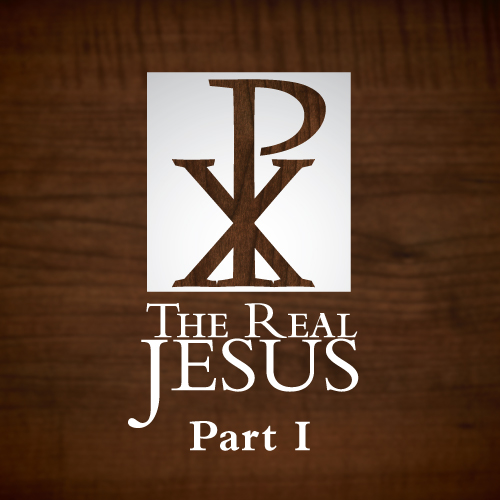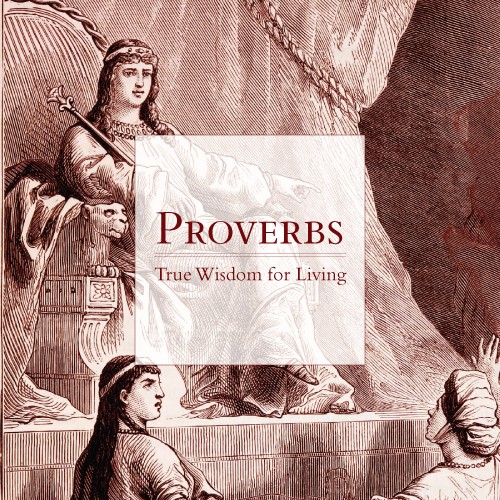
Meeting the Real Jesus
Tim Keller | September 15, 1996
Overview
Many people find the original Christian understanding of Jesus, the original claims from Jesus about who he is, offensive. They are not just indifferent—they’re offended, just like John the Baptist.
How amazing that we have a whole chapter in which Jesus responds to offended people. He begins to respond like this, “There’s a kind of spiritual closedness that makes people not just disagree, but be scandalized, offended, by me. I would like to show you the kind of people who are open to me, and who, therefore, meet me and find me.”
Jesus gives three descriptions in Matthew 11. Each one tells you something about what you have to be and do if you’re even going to be open to who Jesus is. Jesus describes three kinds of people who meet Jesus, who do not take offense at Jesus: 1) the poor, 2) the violent, and 3) the least.




